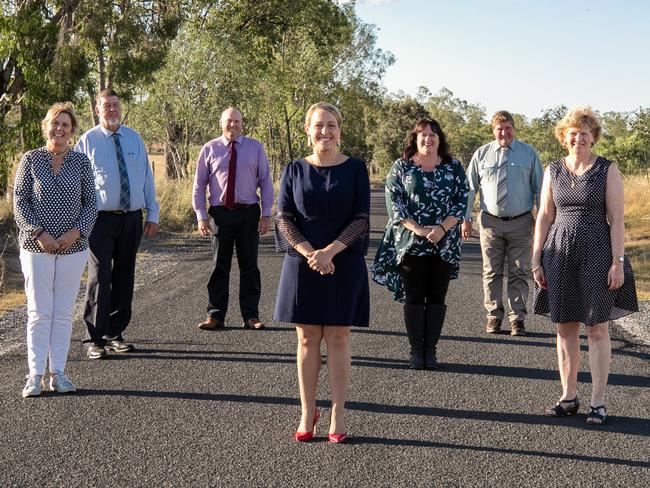Rates rise by 3% as North Burnett council attempts to bring budget black hole under control
Your rates are set to increase in line with the North Burnett Regional Council’s plans to defeat the deficit. Here’s how your rates will change:

Central & North Burnett
Don't miss out on the headlines from Central & North Burnett. Followed categories will be added to My News.
Unveiling their toughest budget to date, the North Burnett Regional Council has announced a 3 per cent rate rise as it attempt to rectify the budget black hole threatening key services in the region.
Acting Mayor Robbie Radel heralded the 2021/22 budget as a “Plan for Generations”, and the first stepping stone toward slingshotting council back into surplus by 2025.
“We recognise it’s going to take courageous leadership, community empowerment and continuous improvement to get this done,” Cr Radel said.
“This is a responsible budget which gets the basics right and delivers a sustainable level of essential services.”
In April, the North Burnett community were informed of grave budgetary concerns, threatening the council with bankruptcy within five years.
With cuts and changes to several services proposed, including to pools, waste, customer service and libraries, road maintenance and mowing, residents were asked to assist council in deciding where costs could be cut.
On average, residents living across Biggenden, Eidsvold, Gayndah and Monto will pay an additional $112.20, or 3.87 per cent, while Mt Perry locals will fork out an additional $96, or 4.09 per cent.
The 2021/22 budget reduces council’s operating deficit by $2 million in comparison to last year, with general rates being increased in line with most other Queensland councils.
“There is so much to consider with every budget decision we make,” Cr Radel said.
“We weigh up the expectations of our community, legislative requirements, our commitment to maintaining $1.1 billion of assets and our long-term financial sustainability.
“NBRC ensures every cent spent represents an investment for future generations. This is a responsibility we don’t take lightly as we continue to navigate significant challenges.”
Cr Radel said council needed to run like a business, forcing councillors to work within the parameters they were confined to.
“We refuse to stick our heads in the sand and accept a deficit position into the future. Instead we’re working hard to balance the budget,” he said.
“There’ll be more challenges and complexities, and tricky problems to solve, but this a brave council which will face challenges head on.”
A total 34 per cent of council’s operating revenue and 61 per cent of capital projects are externally funded.
“We appreciate State and Federal Government financial assistance for core projects and operations,” Cr Radel said.
“We know we can’t be sustainable without having a reliance on external funding, and this is an ongoing challenge we’ll continue to battle to rectify.”




